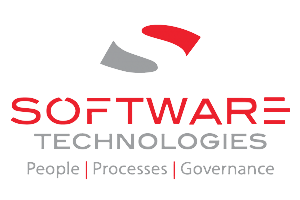
Bain is one of the world’s top management consulting firms. The organization works with leaders across industries and geographies to solve industry-defining challenges in Strategy, Marketing, Organization, Operations, Digital Transformation, Sustainability and M&A. Founded in 1973, Bain has 6,000 employees in 58 offices worldwide. Bain has worked with over 4,900 companies, including more than two-thirds of the Global 500, Private Equity funds representing 75% of global equity capital, leading non-profits and innovative start-ups. Bain’s public clients have outperformed the S&P four to one.
Great boards help companies outperform their peers, delivering value to stakeholders, sustainably, and without compromising compliance or risk. Companies that achieve this are the bedrock of inclusive economic growth. In today’s environment the expectation for companies and the Boards that govern them is high. Ensuring compliance beyond reproach is critical, but it is not enough. Outperforming requires focus and clarity around strategy and culture as well as an ability to adapt and be agile in turbulent times. Based on extensive research, and the insights of prominent global Directors with over 240 years of cumulative experience, Bain & Company has developed an all-encompassing approach to effective governance called ‘The Great Board’.
Software Technologies co-hosted a conversation on the foundations of this approach and to discuss perspectives on what Great Boards do differently to outperform peers and succeed in challenging environments. The conversation brought together members from leading companies across sectors in Kenya for a discussion that went beyond compliance to focus on strategy setting and execution at the board level. The topics discussed were:
- The changing role of boards in business
- The board’s role in creating and driving a winning strategy and sustained value creation
- Cultural traits of high performing boards, why conformity / lack of conflict does not equal agreement and how to create a virtuous cycle of trust and candour
